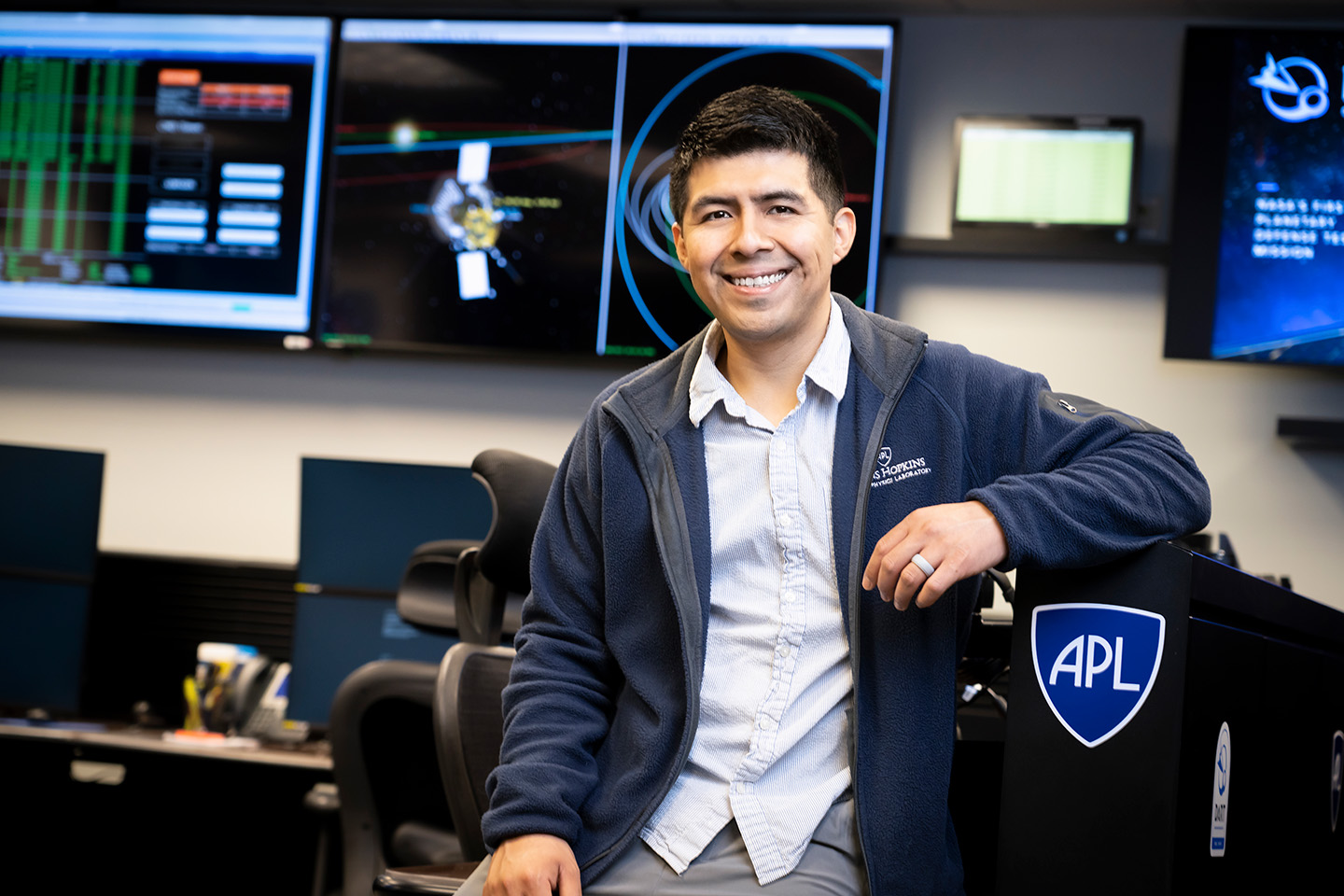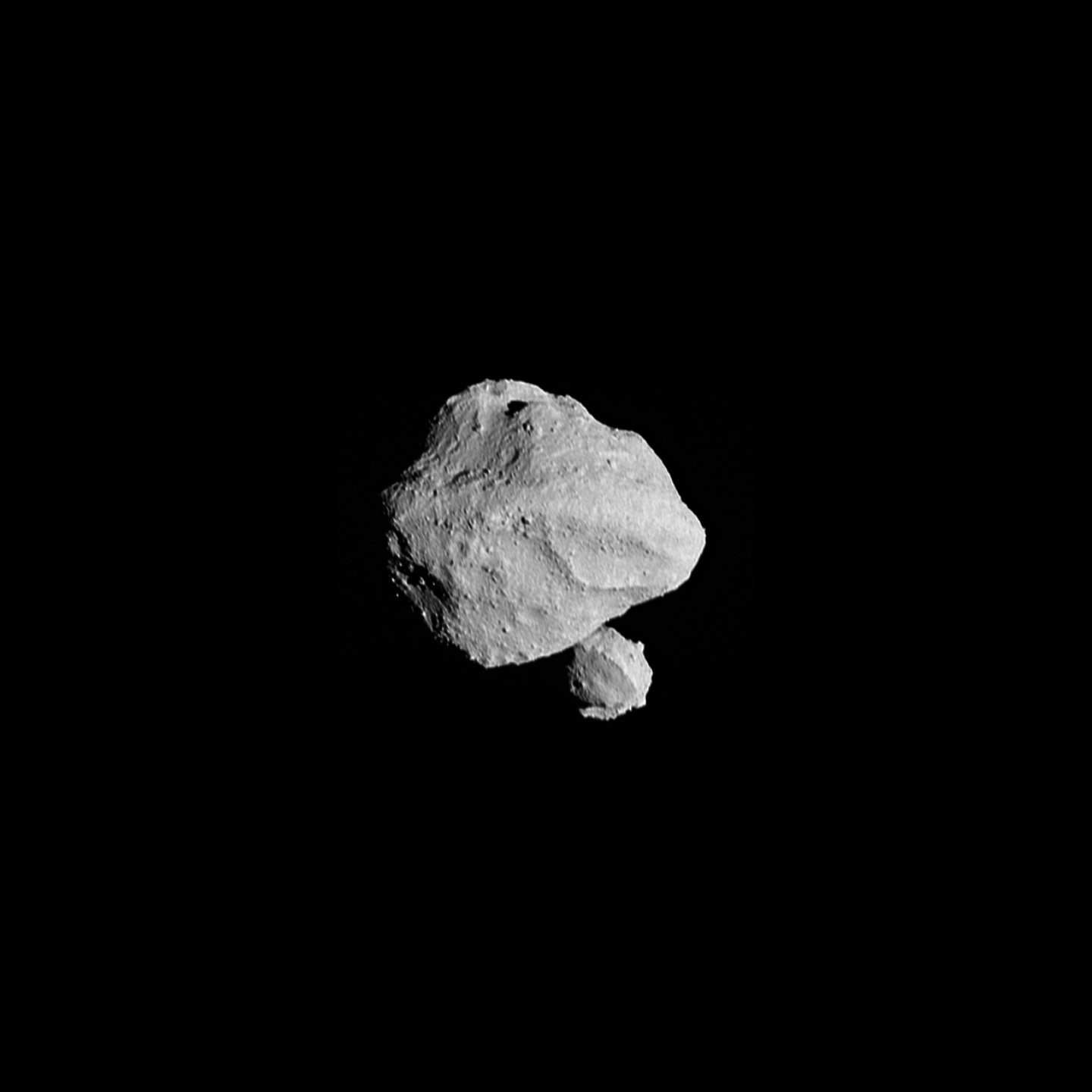
For Maj. Julian Martinez, it was a matter of “right timing” when the call for applications came for the Education With Industry (EWI) program.
He had recently been selected as a major and earned his master’s degree in space engineering from the University of North Dakota.
“I was in this perfect gap where if I wanted to try something outside of my career field for my experience then I could,” said Martinez, a developmental engineer with the U.S. Space Force.
The EWI program, sponsored by the Office of the Assistant Secretary of the Air Force for Acquisition, Technology and Logistics and managed by the Air Force Institute of Technology, is a highly selective, competitive career development program designed to improve participating fellows’ technical, professional and management competencies. The program was established in 1947 and expanded to include the Space Force in 2021.
Fellows are embedded for 10 months with public and private sector companies to gain exposure to industry best practices in support of sustaining and retaining a mission-ready workforce, as well as learning how to better partner with industry.
Although applicants don’t know what organizations are participating in the program when they apply, those accepted are able to rank their preferences to find the right match for their interests. And Martinez’s background was unique compared with his peers.
One of only five Guardians in his EWI cohort — and the only engineer — he already had extensive experience in aerospace research and development thanks to a four-year stint at the Air Force Research Laboratory (AFRL) and work supporting space launch activities out of Vandenberg and Cape Canaveral.
“[Johns Hopkins Applied Physics Laboratory (APL)] was the only R&D [and] systems engineering opportunity available for space control activities,” explained Martinez. “The other [Space Force] engineering roles were specific to launch services.”
The opportunity at APL proved to be a natural fit: It was with the National Security Space Mission Area in the Space Exploration Sector (SES), delivering critical contributions to critical challenges in the national security space domain.
“I had worked with APL when I was at AFRL and had loved that experience, so I was excited about the opportunity,” said Martinez.
Arriving at the Lab in August 2022, Martinez quickly started contributing to the team, whether that meant writing code or reviewing the progress of acquisition programs. His technical expertise and military experience provided an invaluable perspective, according to Frank Casanova, an assistant group supervisor in SES and Martinez’s primary mentor at APL.
“EWI fellows bring ground-truth perspectives of military service and knowledge of what the U.S. Space Force is focused on day to day,” explained Casanova. “Julian immediately jumped in and quickly and seamlessly integrated with several projects. He leveraged his technical skills and listening ability to help our team work through problems.”
Although this marks the first year APL has participated in EWI, it continues the Lab’s long-standing efforts to support professional development opportunities for service members. For more than 15 years, the Lab has supported the U.S. Army’s Training with Industry program, and last year, the university announced a partnership with Space Force to provide professional development for top Space Force leadership candidates, with APL providing access to facilities and subject-matter experts as part of that initiative. The Lab’s cross-domain expertise offers a rare opportunity for EWI fellows and those in other training programs.
“We have a wide diversity of skilled staff who can share their experiences and tradecraft with mid-level career military officers. Most companies do not know or operate in all of the spaces we do,” said Casanova. “For EWI fellows, there’s an opportunity to delve into several of these cross-domain activities and learn something they probably wouldn’t see from Space Force or another industry partner.”
In a showcase of APL’s capabilities, Martinez led members of his regional cohort on an immersive tour of the Lab in early May, including a stop in the mission control room for the Double Asteroid Redirection Test (DART). The tour was part of a broader exchange between EWI fellows.
“Everyone has a different experience,” said Martinez. “I’m able to keep up to date in the space sector, but someone at Coca-Cola, Universal Studios or in the C-suite at Boeing is dealing with different challenges. Everyone’s talked about how EWI has been a good experience and molded into something useful for them.”
Martinez, whose time at APL ends in June, will next head to the National Reconnaissance Office as a follow-on assignment. Reflecting on his experience, Martinez emphasized that one of the most important lessons he has learned is in communicating ideas.
“The biggest takeaway is how to communicate with the workforce and my teams in the future,” said Martinez. “It’s enlightening to see how to make sure you explain certain concepts. You can get a lot more out of a conversation if you make sure everyone is on the same page.”
For Media Inquiries
For all media inquiries, including permission to use images or video in our gallery, please contact:
Michael Buckley
All Media Resources

